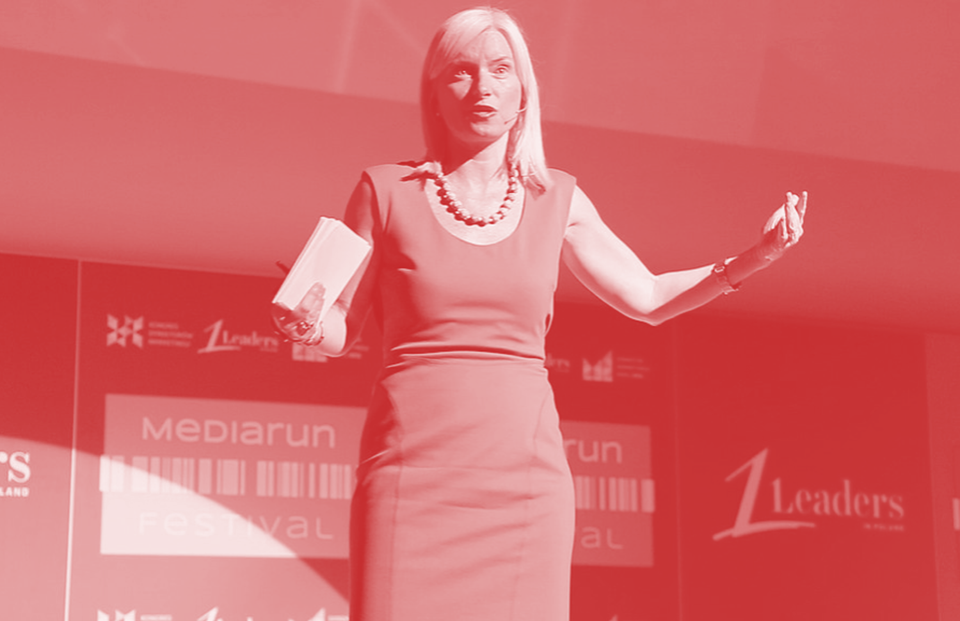UK safety startups in demand, Meta agrees to XCheck changes and a Twitch policy update

Hello and welcome to Everything in Moderation, your out-of-the-box guide to online safety and content moderation. It's written by me, Ben Whitelaw and made possible by members like you.
This week's edition contains a mixture of regulatory criticism, startup investment and platform industry partnerships, all of which feel like will persist as themes for the rest of 2023 (and beyond). It's a long edition but (and obviously I'm biased) one worth spending time with.
Greetings to new subscribers from Cyacomb, Internet Safety Labs, Google, Project Liberty, Automattic, Cinder and other moderation-minded folks from across the globe. If you're policy-minded and want to contribute to an upcoming EiM series, remember we'd love you to get in touch.
That's enough preamble; here's what you need to know from the past week — BW
Policies
New and emerging internet policy and online speech regulation
This week marked the six-month countdown for large companies to comply with the Digital Services Act and, for now at least, it continues to be billed as a piece of regulation with serious teeth:
- MIT Technology Review recaps its recent milestones and calls it "quite revolutionary" and "setting a global gold standard for tech regulation when it comes to user-generated content".
- That's helped in part by reports that the EU has told Twitter that it must hire more trust and safety workers and that it "expect[s] platforms to ensure the appropriate resources to deliver on their commitments,” according to the Financial Times.
There are some reservations, however, about whether the Act's underlying principles will translate to other parts of the world. Writing for Tech Policy Press, Théophile Lenoir questions whether the DSA is applicable outside of the EU because discussions relating to the balance of speech, privacy and freedom "are of no use in places where people do not care about them equally." My read of the week.
